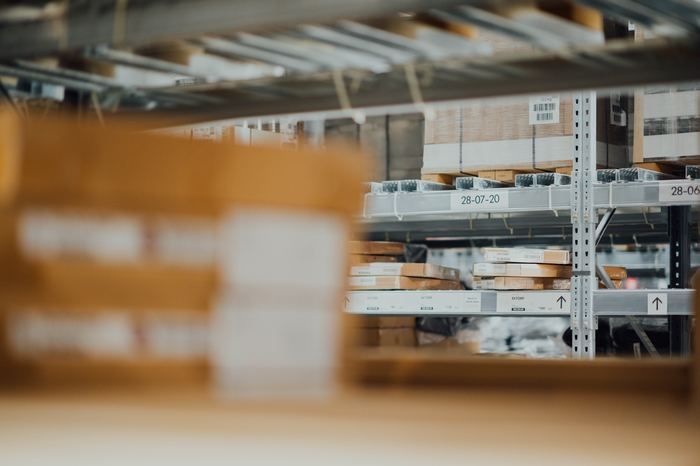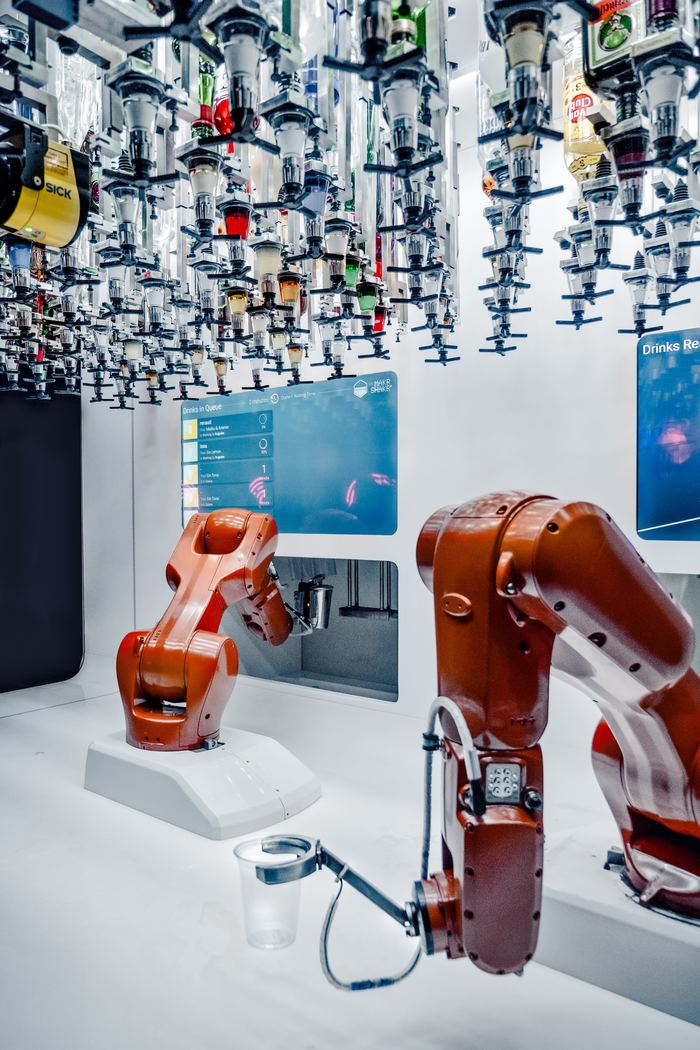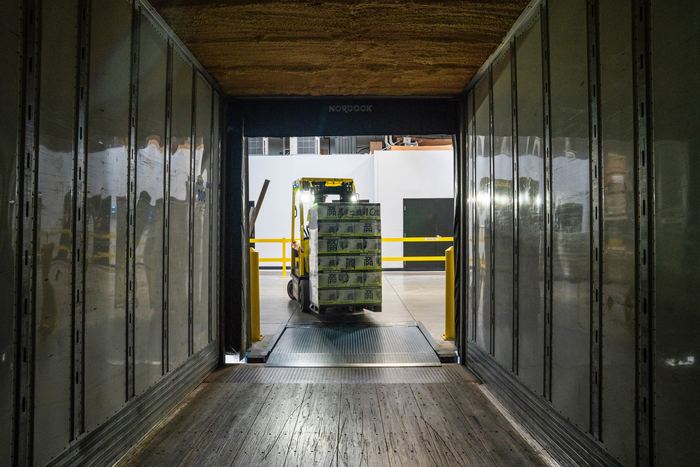
The Internet of Things (IoT) uses the Internet to allow data sharing between connected devices and has provided a similar connected platform to retailers in the ecommerce sector. With an IoT-based system, therefore, it’s easier for businesses to gather data and trigger real-time actions or responses.
Some of the best examples of IoT’s influence in the retail sector include smart shelves, beacons, smart digital screens and digital price tags. Consequently, stock checks are done more quickly, theft and pilferage prevented, data tailored to customer’s needs and queues managed efficiently.
IoT has also influenced the buying behavior and choices of consumers, thus altering the customer experience.
Here are the different ways in which IoT is playing a role in ecommerce.
1. Customer and Market Analysis
IoT helps ecommerce businesses analyze the needs of their customers and the market at large so as to differentiate themselves from the competition. Data gathered from IoT-connected devices gives insights into people’s habits and lifestyle for better targeted marketing campaigns based on new knowledge.

Ecommerce businesses would be able to recognize patterns in online browsing and search trends that show how customers shop, to sell targeted products to them. IoT also allows businesses to tailor offers to the customer’s choice, while influencing their purchase decisions based on the consumer behavior insights.
2. Personalized recommendations
IoT brings endless possibilities for ecommerce businesses to deliver a personalized approach to each customer or a group of customers. For example, if a consumer turns on a heater during winter, the device can send information to an online store and is be able to send personalized recommendations for ear muffs, warm sweater, slippers and so on.

Insurance companies are benefiting from data gathered by car rental companies based on drivers’ habits and information picked up from IoT devices like speed sensors, GPS and more. For ecommerce platforms, this data can be used to send drivers personal discounts for items like driving glasses or even winter tires and much more.
3. Continuous and consistent marketing

People still use their computers to make final decisions on what they buy online, compared to using mobile retail apps. Marketers can tie their desktop and mobile marketing efforts to each customer, while IoT detects devices used by the same individual. This in turn helps ecommerce stores market to the individual regardless of the device they’re using.
4. Inventory tracking and management
This is one of the immediate roles of IoT in ecommerce, probably even the oldest that still applies today. It involves detecting stock changes such as when you’re running low on a particular product, and the system automatically orders for more of it before it’s sold out. Smart shelves are also helpful in reducing customer dissatisfaction due to out-of-stock products.

Technologies such as RFID tags, IoT sensors and other chips make inventory management in real-time a reality, while streamlining the flow of goods to and from the warehouse. IoT devices improve tracking and monitoring of inventory, thus reducing the human hours required for this task and human errors that may come up in the process.
IoT chips also automatically store information like product type, expiry dates, manufacturer’s name and batch IDs in the system. This helps warehouse employees find the right products, track and analyze the number of sold items, and predict future sales.
5. Monitor and control ambient conditions and equipment maintenance
IoT also helps with controlling ambient conditions in warehouses such as optimum temperature, vibration, humidity or noise levels. This is especially important for perishable products. Using temperature-monitoring sensors, IoT helps ecommerce owners monitor the conditions in warehouses, and get alerts whenever there’s an issue.

Through IoT sensors, you can also control the state of equipment in warehouses so as to reduce loss of productivity. In fact, it’s one of the first steps towards robotization in warehouses such as those used by Amazon in picking and packing processes.
6. Supply chain and logistics management
A successful ecommerce business needs an uninterrupted and efficient supply chain from order preparation to delivery of goods. IoT ensures goods move without risk of getting lost through the use of GPS and RFID technologies that track items in transit through the journey.

IoT devices also provide information on location besides tracking the driver, weather, temperature and much more at every stage of the journey. It’s also possible to manage the speed and route of the shipment, plus predict arrival time to avoid losses or misplacement of goods.
Delivery trucks can be fitted with sensors for real-time monitoring of deliveries to reduce losses. Customers also get alerts on the status of their package, which in turn enhances the delivery customer experience. This way, they don’t have to worry about the state of their order or missing the delivery when it does arrive.
7. Maintaining relationships with customers
IoT also helps manufacturers of durable goods maintain relationships with their customers over the lifespan of their products. An example is with the Dash Button offered by Amazon that can be stuck anywhere in the house, allowing the consumer to order household items before they run out. They simply set up the Dash Button using the related mobile app and push the button whenever they need more of a product. It’ll be automatically ordered via the home Wi-Fi connection.

Consumers can also tell their virtual assistants to buy items they want. This influences the marketing strategies of ecommerce brands as they have to optimize their online stores and products to appeal to assistant AI’s.
Wrap-Up
While IoT has revolutionized the ecommerce industry, this is just the beginning. There are still some unresolved issues and a few security concerns like how devices collect the data, who owns it and its security from data thieves. The possibilities are countless, but for now, it’ll depend on how ecommerce businesses use it to profit from the market in the best way.
Get the best of IoT Tech Trends delivered right to your inbox!










